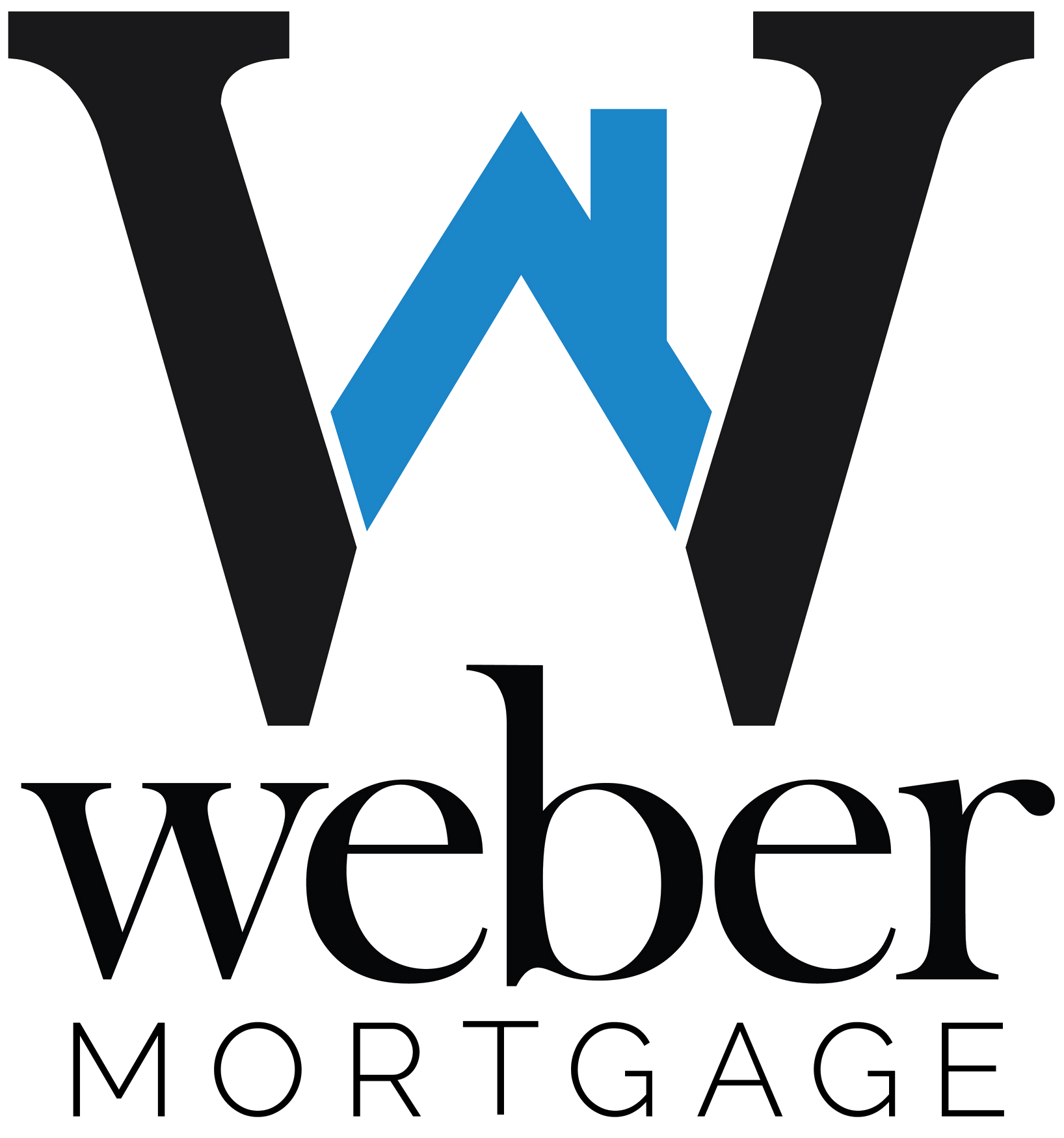Inflation affects nearly every aspect of daily life, from the price of groceries to the…
Is There a Housing Bubble Coming in 2025? What Buyers Should Know
Housing bubbles bring fear and uncertainty to homeowners and buyers alike. When people hear the term, they immediately think of 2008, when the real estate market collapsed, sending home values plummeting and shaking the financial world. But is history about to repeat itself in 2025? Are we in another housing bubble? Is a crash coming?
Let’s break it down, separate fact from fear, and take a real look at the 2025 market.
1. What Happened in the 2008 Housing Bubble?
To understand whether we’re in a bubble now, we have to look back at what actually caused the 2008 housing crash.
- Unregulated lending – Lenders gave mortgages to buyers without verifying income or job status (known as no income, no job loans).
- Over-inflated home values – With easy access to loans, buyers overpaid for homes, driving prices unsustainably high.
- Wall Street greed – Investors created financial products that pushed more risky loans into the system, making it easier for unqualified buyers to purchase homes.
- Economic downturn – When the economy slowed down in 2008-2009, people lost jobs, couldn’t afford their payments, and foreclosures skyrocketed.
- Home values plummeted – With so many foreclosures and distressed sales, home prices crashed, leaving many homeowners owing more than their homes were worth.
Bottom Line: The 2008 housing bubble burst because it was built on unstable lending practices, economic instability, and risky home purchases.
2. Are We in a Housing Bubble in 2025?
Many people fear buying a home at an inflated price, worried that home values will suddenly drop overnight like they did in 2008.
So, let’s ask the big question: Are we in an inflated market right now?
-
Home prices have increased, but is it a bubble?
- Yes, we’ve seen a dramatic increase in home values over the last few years.
- But home prices alone don’t create a bubble—they need to be artificially inflated by reckless lending or excess supply.
-
Are values dropping?
- Home prices have stabilized in some areas but are nowhere near crashing.
- The real estate market is driven by supply and demand—and right now, demand is still stronger than supply.
-
Are we seeing risky loans like in 2008?
- No. Lending standards are much stricter than they were before the crash.
- Borrowers today must fully document income, assets, and creditworthiness to qualify for a mortgage.
Bottom Line: Without risky lending or an oversupply of homes, there is no clear indication that a housing bubble is forming.
3. Should You Worry About a Housing Crash?
For a true housing market crash, we would need to see mass unemployment, slowing economic growth, and businesses failing—none of which are currently happening.
-
What would cause home prices to drop?
- A major shift in supply and demand. Right now, demand still outpaces supply, preventing a price collapse.
- A sudden spike in unemployment, leading to mass foreclosures and forced home sales.
- A drastic increase in interest rates, reducing affordability and demand.
-
How does a housing bubble affect you?
- If you already own a home and don’t plan to sell, short-term market fluctuations don’t impact you.
- If you’re buying a home to live in long-term, price changes are less important than locking in a stable payment.
Bottom Line: The market is adjusting, not collapsing. A correction is normal, but a repeat of 2008 is unlikely.
4. Should You Buy a Home in 2025?
If you’re waiting for a crash to buy a home at a lower price, you may be waiting a long time. Here’s why:
- Demand still exceeds supply – New construction isn’t keeping up with population growth, keeping home prices steady.
- Rent prices are rising – Homeownership still builds equity over time, while renting offers no return.
- Interest rates fluctuate – Waiting could mean higher rates later, even if home prices adjust slightly.
Tips for Buying in 2025:
- Buy for the long term – If you plan to stay in your home for a while, short-term price changes matter less.
- Get pre-approved early – Lock in a competitive mortgage rate before rates rise.
- Focus on monthly payment, not just price – A slightly higher home price with a low mortgage rate can be more affordable than a cheaper home with a high rate.
Final Thoughts: No, We’re Not in a Housing Bubble
While home prices have increased over the past few years, the conditions that led to the 2008 crash are not present today. There are no risky loans, no mass unemployment, and no oversupply of homes.
If you’re thinking about buying, focus on:
- Affordability – Can you comfortably afford the home?
- Long-term value – Do you plan to stay in the home for several years?
- Financing options – Have you explored the best mortgage rates?
At Weber Mortgage, we help buyers navigate today’s market with confidence. If you’re ready to buy a home—or just want to talk about your options—let’s connect today!




